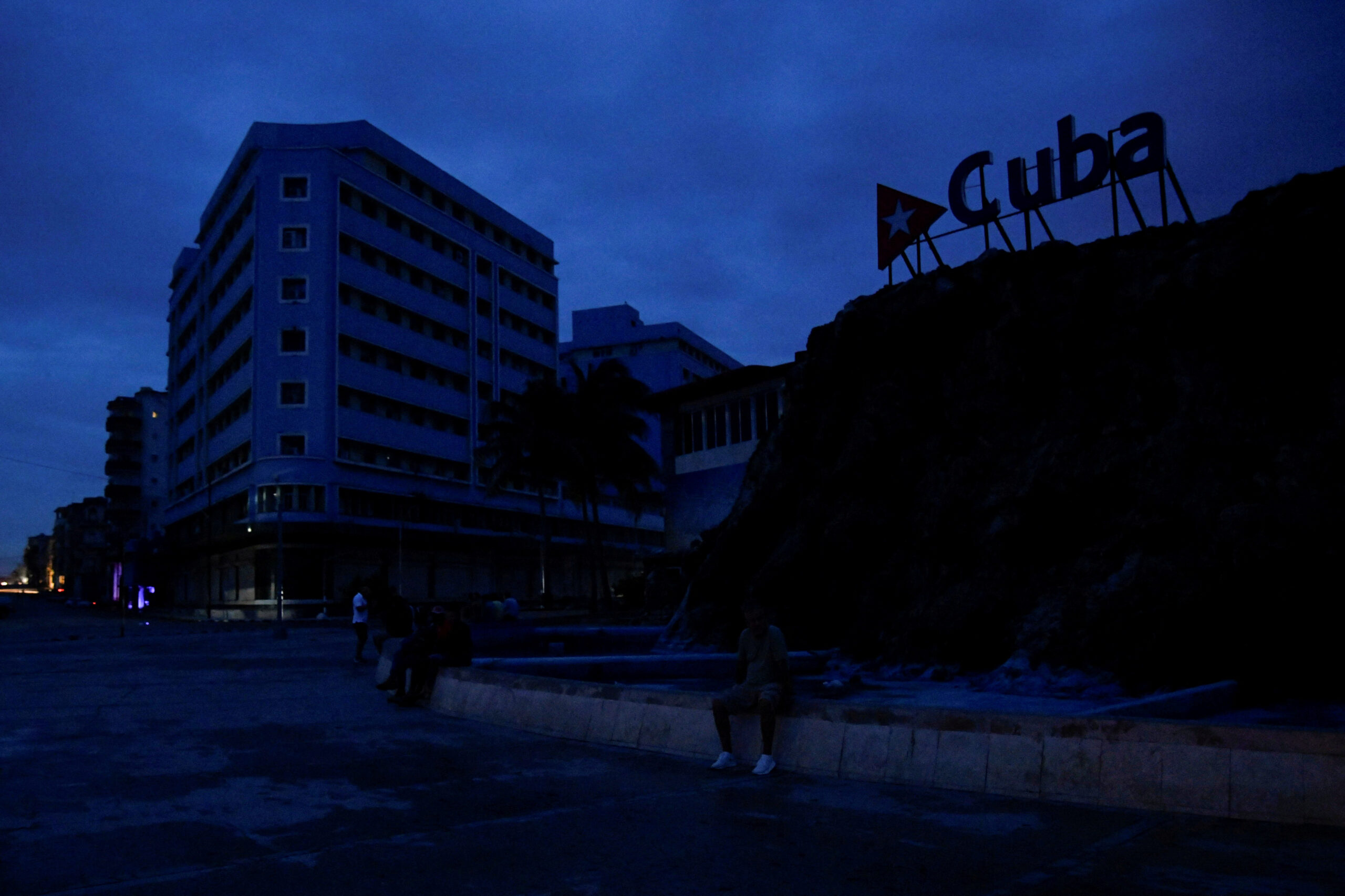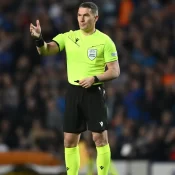
Cuba is attempting to restore power following a second grid failure
After state-run media earlier on Saturday reported that the national grid had fallen for the second time in a 24-hour period, Cuba’s government announced that it was once again working to restore electrical service throughout the island.
On a morning TV news show, Cuba’s top electricity official, Lazaro Guerra, stated that work had been briefly halted due to a new grid failure in western Cuba that required specialists to start the process over by connecting three key power plants to the system.
“I cannot assure you that we will be able to complete linking the system today, but we are estimating that there should be important progress today,” Guerra stated.
One of the island’s state-run media channels, Cuba Debate, stated just before Guerra’s remark that UNE, the grid operator, had reported a “total disconnection of the national electro-energetic system.”
It was unclear exactly what had happened because Guerra did not directly confirm the complete collapse.
Around noon on Friday, one of the biggest power plants on the island broke down, causing Cuba’s electrical grid to fail for the first time, abruptly leaving over 10 million people without power.
Cuba’s communist-run government had already been obliged to postpone school sessions for children and send non-essential state personnel home due to an electrical shortage Friday in an effort to save fuel for generating, even before the grid collapsed.
Early Friday evening, however, there was some hope that electricity might be restored as lights started to flicker on in sporadic locations throughout the island.
The Cuban government has attributed weeks of increasing blackouts, which frequently last 10 to 20 hours every day throughout a large portion of the island, to increased demand, fuel shortages, and decaying infrastructure.
The island’s capacity to transport limited gasoline from boats offshore to power plants has also been hampered by strong winds that started with Hurricane Milton last week, according to officials.
Since Venezuela, Russia, and Mexico—once major suppliers—have cut back on their exports to Cuba, fuel supply to the island have drastically decreased this year.
This year, Cuba was forced to look elsewhere for much more expensive oil on the spot market after key ally Venezuela cut its subsidized petroleum imports to the island in half.
Cuba’s government also attributes continuous challenges in obtaining fuel and spare parts to run and maintain its oil-fired plants to the U.S. trade embargo and sanctions imposed by then-President Donald Trump.
All Categories
Recent Posts
Tags
+13162306000
zoneyetu@yahoo.com



